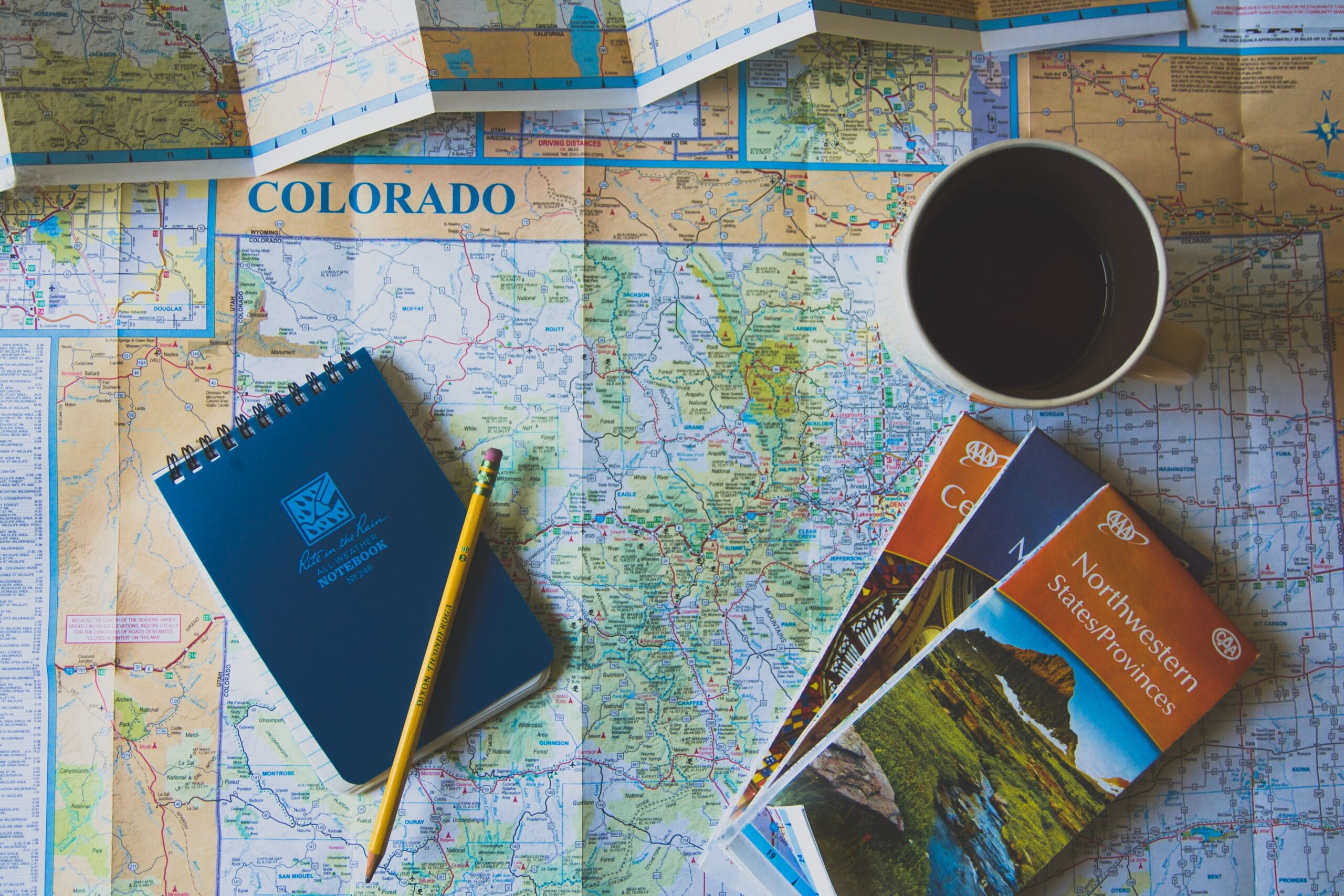Travel Demand and Barriers
Summer is usually the peak season for travel, as millions flock to their favorite destinations for fun and relaxation. However, this year, many summer vacations were disrupted or canceled due to the ongoing COVID-19 pandemic and its impact on travel restrictions, health risks, and consumer confidence.

According to a survey by travel + Leisure, only 38% of Americans planned to take a summer vacation in 2023, down from 72% in 2022. The main reasons for not traveling were concerns about safety, cost, and availability of travel options. Many travelers also faced uncertainty about the changing travel rules and requirements in different countries and regions and the possibility of quarantine or testing upon arrival or return.
Some of the most popular summer destinations in previous years were either closed or had limited access for foreign visitors in 2023. For example, Canada did not reopen its borders to non-essential travelers until October 2022, while the European Union only allowed vaccinated travelers from certain countries to enter without restrictions. Other places, such as Australia, New Zealand, Japan, and China, remained largely off-limits for most international tourists.
Travel Challenges and Costs
Travel was not easy or smooth for many Americans even within the United States. Some states, such as Hawaii and Alaska, required travelers to show proof of vaccination or a negative COVID-19 test before entering. Others, such as Florida and Texas, experienced surges in cases and hospitalizations due to the highly contagious Delta variant of the virus. Additionally, travelers had to deal with rising prices, limited availability, and long lines for flights, hotels, car rentals, and attractions.

According to the U.S. Bureau of Transportation Statistics, the average domestic airfare in the second quarter of 2023 was $287.50, up 24.1% from the same period in 2022. The average hotel room rate in July 2023 was $141.65, up 44.4% from July 2022. The average daily car rental rate in June 2023 was $63.07, up 86.6% from June 2022. And the average admission fee for amusement parks in 2023 was $58.55, up 5.9% from 2022.
Travel Alternatives and Opportunities
Despite these challenges, some people still enjoyed their summer vacations in 2023. Some opted for domestic road trips or camping trips, which offered more flexibility and control over their itinerary and budget. Others chose less crowded or more remote destinations, such as national parks, islands, or rural areas. Some took advantage of the lower demand and cheaper deals to visit places that were usually too expensive or crowded.

According to a report by AAA, road trips accounted for 97% of all summer travel in 2023, up from 87% in 2022. Yellowstone National Park, Grand Canyon National Park, Zion National Park, Mount Rushmore National Memorial, and Glacier National Park were the most popular road trip destinations. Camping was also popular for travelers who wanted to enjoy nature and avoid crowds. According to a survey by KOA, 86% of campers said they felt safer camping than other types of travel during the pandemic.
Some travelers also explored new places or experiences they had not considered before. According to a survey by Expedia, 60% of travelers said they were more likely to try something new or different in 2023 than before the pandemic. Some of the top activities that travelers wanted to try were zip-lining, skydiving, scuba diving, surfing, and sailing. Some top destinations travelers wanted to visit were Iceland, Maldives, Tahiti, Costa Rica, and New Zealand.
Travel Disappointments and Losses
However, this year’s summer vacations fell apart for many others due to factors beyond their control. Whether it was a canceled flight, a closed border, a positive test result, or a personal health issue, they faced the disappointment and frustration of missing out on their long-awaited trips. Some could reschedule or get refunds for their bookings, while others lost money or time. Some had to deal with the emotional and mental stress of coping with the pandemic and its effects on their lives.

According to a report by Allianz Partners, more than 40 million Americans had their summer travel plans affected by COVID-19 in 2023. The most common reasons for canceling or changing plans were travel bans or restrictions (32%), health concerns (28%), financial difficulties (16%), and personal or family reasons (12%). The average amount of money lost per traveler was $855, and the average time wasted was 9 hours.
According to a study by the University of Virginia, travel disruptions due to COVID-19 hurt the psychological well-being of travelers. The study found that travelers who had to cancel or postpone their trips reported lower levels of happiness, life satisfaction, and positive emotions and higher levels of stress, anxiety, and negative emotions than travelers who could complete their trips or did not have any plans. The study also found that the impact was more significant for travelers with high expectations or strong attachments to their destinations.
Travel Hopes and Dreams
The summer of 2023 was not what many people had hoped for or planned for. It was a summer of uncertainty, anxiety, and compromise. But it was also a summer of resilience, adaptation, and hope. As the world continues to fight against COVID-19 and work towards recovery, many travelers look forward to the following summer, when they can hopefully enjoy their vacations without fear or worry.

According to a survey by Booking.com, 71% of Americans said they were more optimistic about traveling in 2024 than in 2023. The top reasons for this optimism were the availability of vaccines (55%), the easing of travel restrictions (45%), and the improvement of the global situation (44%). The survey also revealed that 65% of Americans had already started planning their next trip, and 58% had saved money for travel during the pandemic.
Some of the travel trends that are expected to emerge or continue in 2024 are:
- Sustainable travel: Travelers will be more conscious of the environmental and social impact of their travel choices and will seek to reduce their carbon footprint, support local communities, and protect natural resources.
- Flexible travel: Travelers will be more open to changing their plans or destinations based on the evolving situation and will look for options that offer free cancellation, rescheduling, or refund policies.
- Wellness travel: Travelers will prioritize their physical and mental health and will look for destinations and activities that offer relaxation, rejuvenation, and healing.
- Adventure travel: Travelers will seek to challenge themselves, experience new things, and look for destinations and activities that offer thrill, excitement, and discovery.
- Family travel: Travelers will value spending time with their loved ones and look for destinations and activities catering to different ages, interests, and needs.
Travel is more than just a leisure activity. It is a way of learning, growing, connecting, and living. Travel is a source of joy, inspiration, and fulfillment for many people. And for many others, travel is a dream they hope to achieve someday. No matter the circumstances, travel will always be a part of human nature. And no matter how this year’s summer vacations fell apart, travel will always be a part of our future.


0 comment
I was recommended this blog by my cousin. I am not sure whether this post is written by him as no one else know such detailed about my problem. You’re incredible! Thanks!